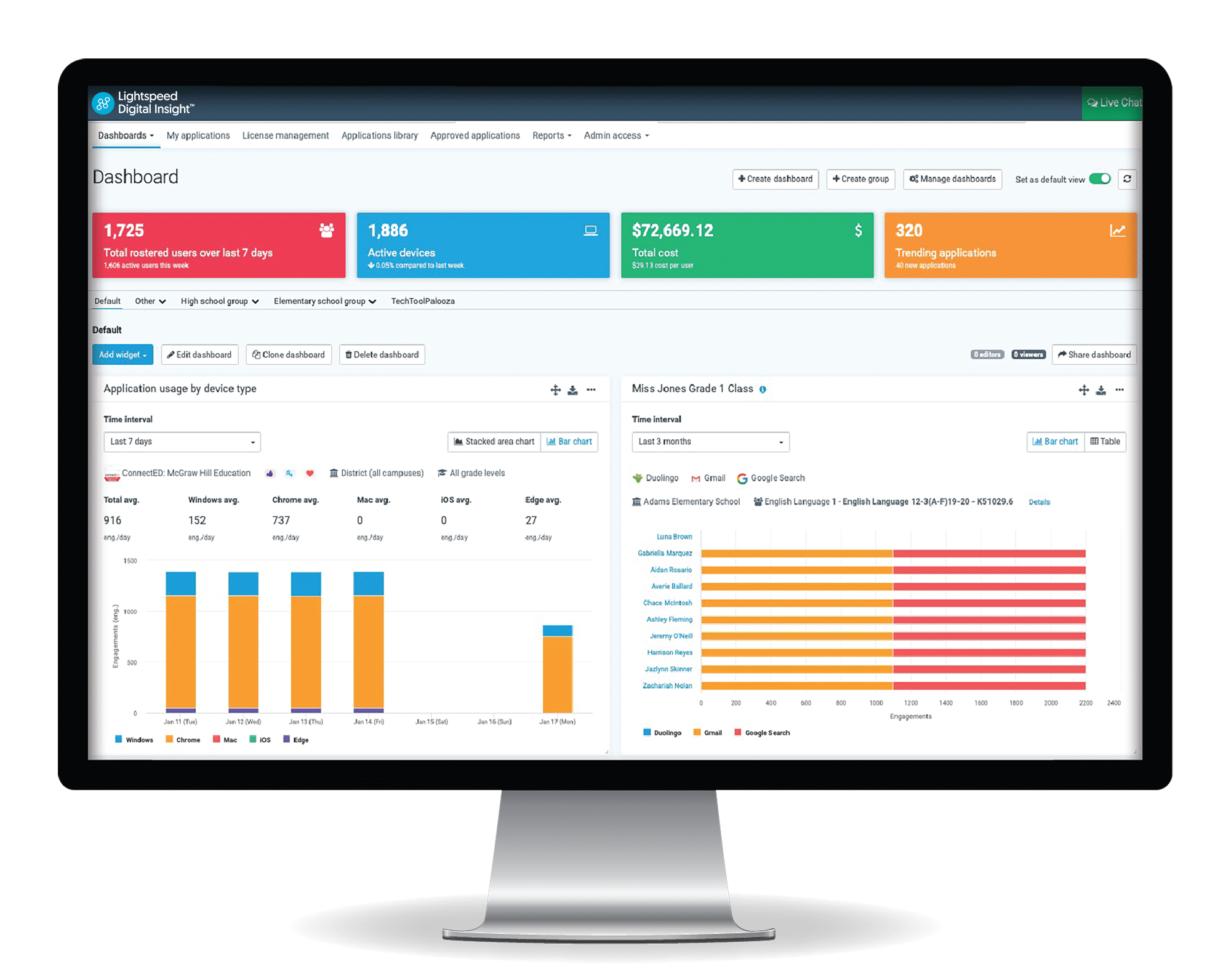


Every year we have hundreds and/or thousands graduate from one level to another. Some pupils from primary move secondary schools after KCPE. Some in secondary move to University after KCSE and those from the University seek jobs which are very elusive. Where is the disconnect? Is it obvious and true that when you have education you are highly likely to get a Job? What is the probability? Is the probability of getting a job after formal education higher or it has been reducing? What are some of the historical patterns? and has those patterns been any different from what we are observing now? Are the jobs created targeting promotions or new recruits?
I will try and identify key data driven metrics that can help any person understand these questions.
My personal opinion is that there are very many factors that determine the availability of jobs that can be consumed by new graduates. It is a complex mix but if any serious policy was to be drafted abou youth un-employment then it will be after a serious analytical view of all he below data that i consider very important
Other data metrics worth exploring are:
By acquiring data / statistics around the above metric. One would be able to understand the dynamics surounding un-employment and by extension determine the answer to the question "Is there a binding relationship between education and un-employment".
This would form a very good analytics project.
Practical Implementations
Sources